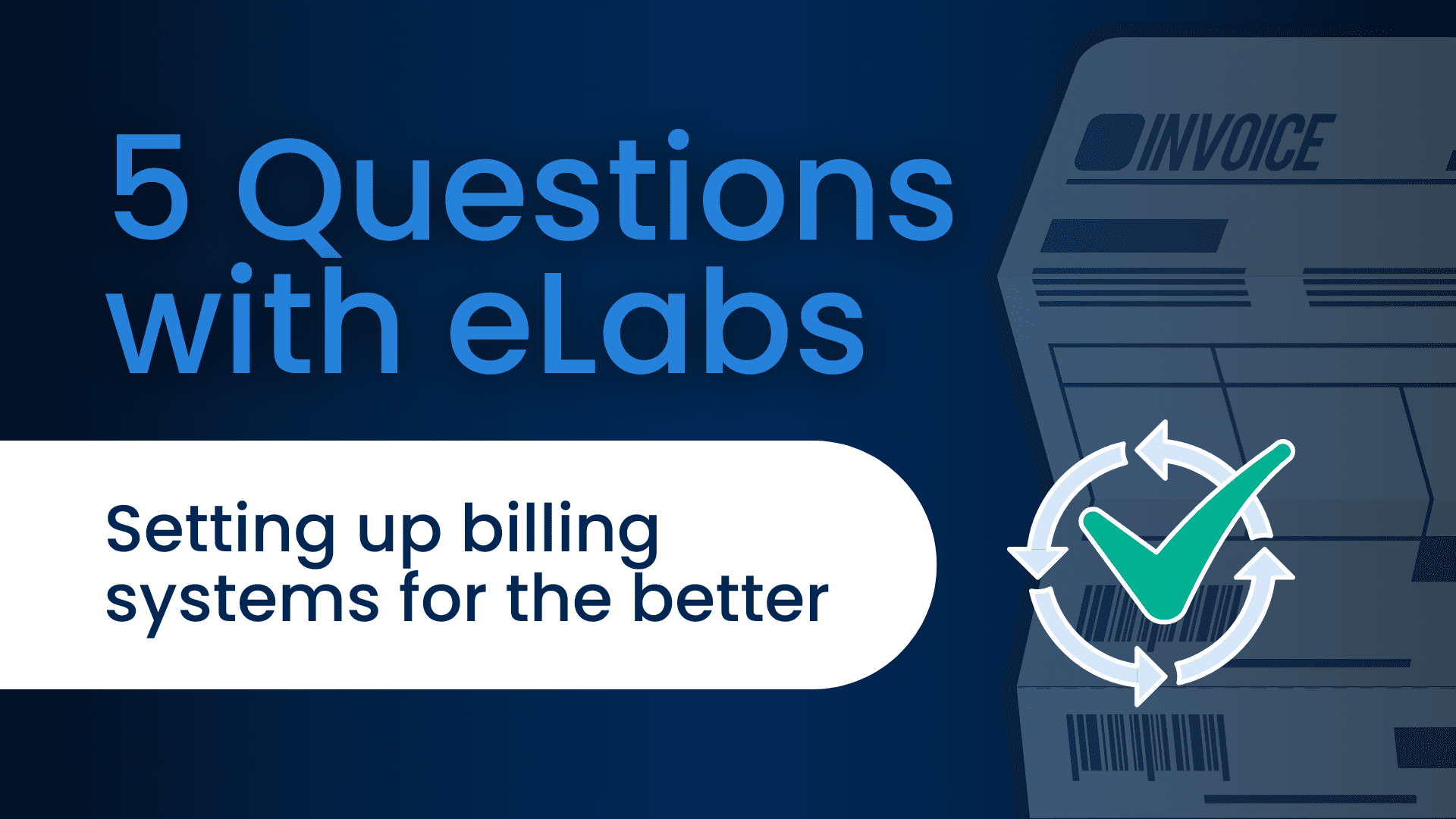Franklin Roosevelt is history’s “great explainer.” He could take a complex concept and simplify it so that everyone could understand. In the process he facilitated trust and gained buy-in.
Why does this matter in the fast-paced world of accounting and finance?
It’s quite simple really. Being a strong communicator is an essential skill that employers look for in finance and accounting talent. And whether it’s landing the role you want, getting promoted, or being a good leader, there are certain things that strong communicators do well.
Consider the Audience
Tony Robbins said, “To effectively communicate, we must realize that we are all different in the way we perceive the world, and use this understanding as a guide to our communication with others.” Put another way, to be a strong communicator you must consider your audience.
To engage and hold someone’s attention, present the information in a way that speaks to the individual’s personal drivers. What motivates them? What is to be gained or lost? How will it personally help the listener achieve their goals? Personalizing the message is critical to communicating well.
Pro Tip: Not communicating in person? Trying to have an A-List phone interview? Read these tips from Toronto’s finance recruiters.
Never Assume
How many times have we assumed that someone understands what we’re saying, only to find out later that the message wasn’t received. To stop this from happening check in periodically during the conversation. For example, by finishing a statement and asking, “Does that make sense” you allow the listener to seek clarification and give yourself a chance to explain further. As George Bernard Shaw once said, “The single biggest problem in communication, is the illusion that it’s taken place.”
Be Transparent
Great communicators build trust. It’s imperative, therefore, that you’re transparent in what you’re saying. Nothing erodes trust faster than the sense of a hidden agenda, so be open about describing the issue, initiative or challenge. Clearly define it. Be specific. Respect the value of people’s time and choose simple and straightforward language.
Ask Questions
In any conversation a strong communicator is also a knowledge seeker. Ask questions to increase your understanding of the situation. Don’t assume that you understand why someone is telling you something. In fact, if you’re confused about someone’s motivation, it’s wise to simply say, “I want to make sure that I understand. Is the reason you’re asking this because (add what you feel the individual’s message is)?”
Be an Active Listener
Great communicators show engagement. They nod to show attention and their body language reveals interest in what the other person is saying. They don’t interrupt. Most importantly, they offer feedback, “So I think that what you are trying to say is ______.” By giving the listener your undivided attention you encourage them to communicate their thoughts and create a respectful relationship.
Read this article for more tips on how to become an active listener who builds rapport, understanding and trust.
Key Takeaways
Strong communicators consider their audience carefully and then position information accordingly. They communicate with transparency and never assume that the person listening understands everything that’s being said. They practice active listening and ask questions to gather information and build trust. Fundamentally, great communicators are relationship builders and understand that to be successful in any role people must trust you and the information you provide.
Your Next Step
No one should walk the job search or hiring road alone. At Clarity Recruitment we help others realize their success through a process that marries proprietary technology with unwavering commitment. Contact us today to take control of your career, or to partner with us to hire well.
Clarity Recruitment, connecting exceptional people with remarkable companies.




